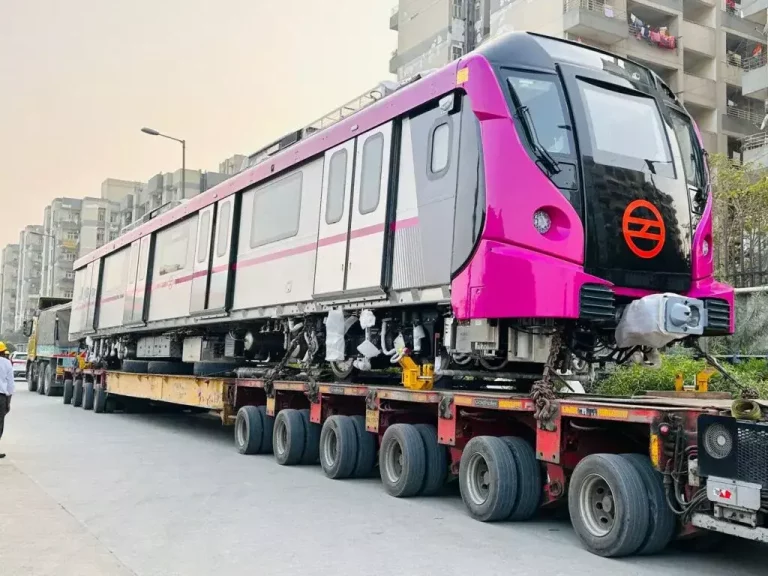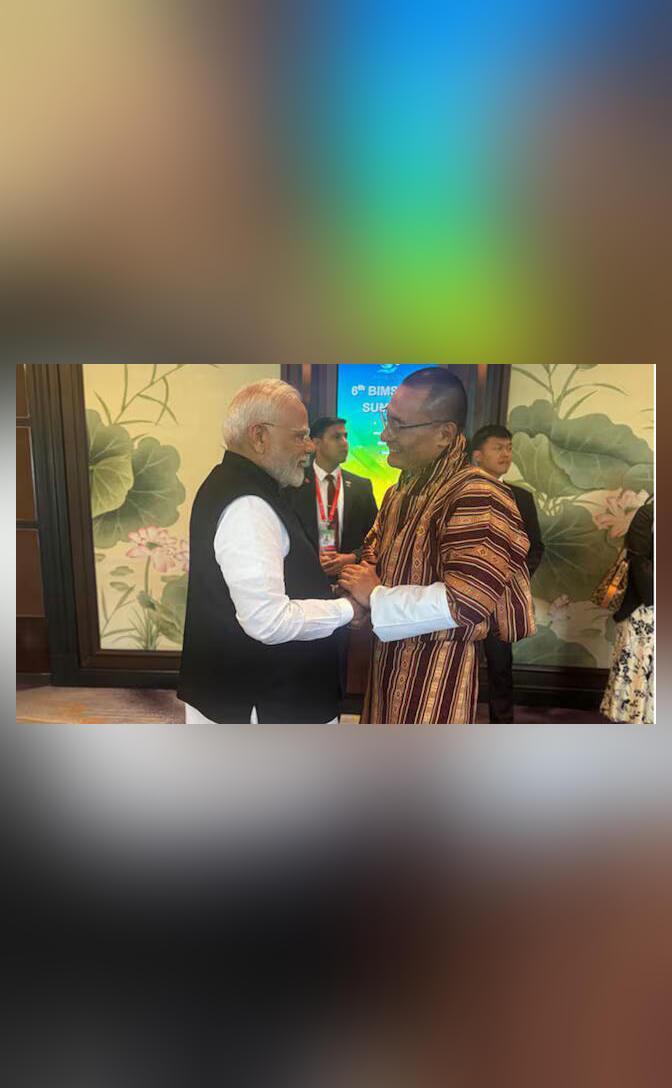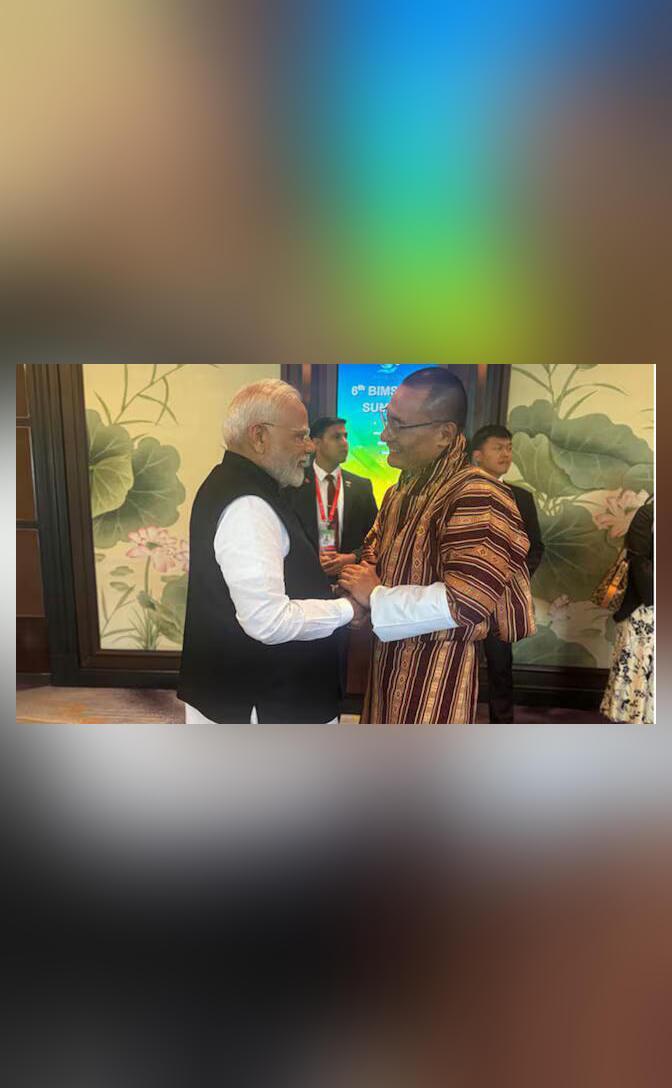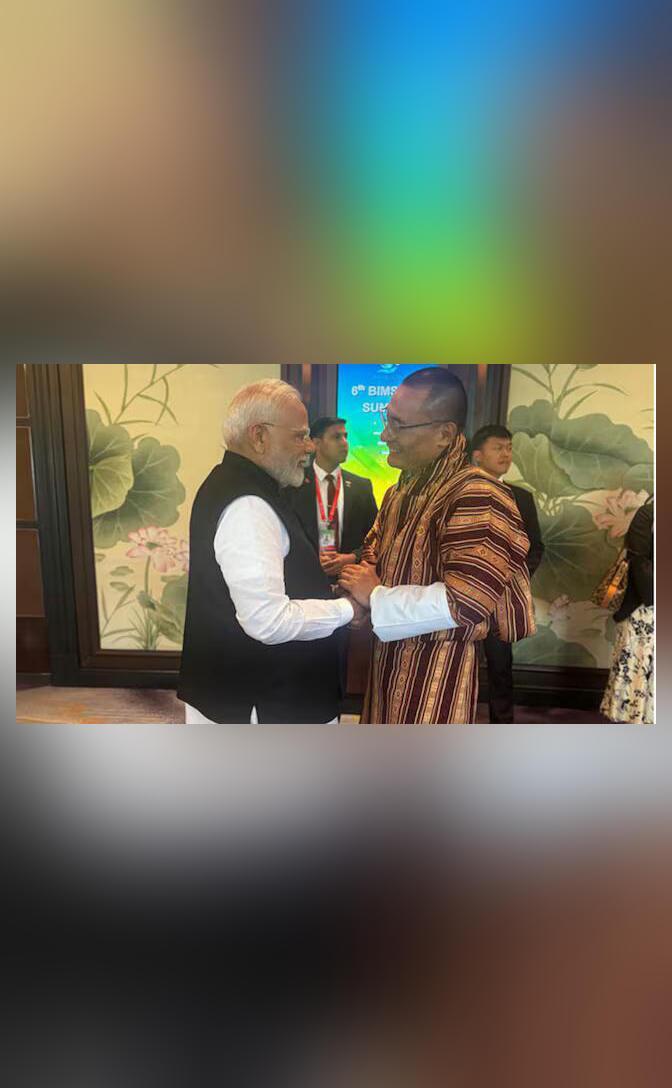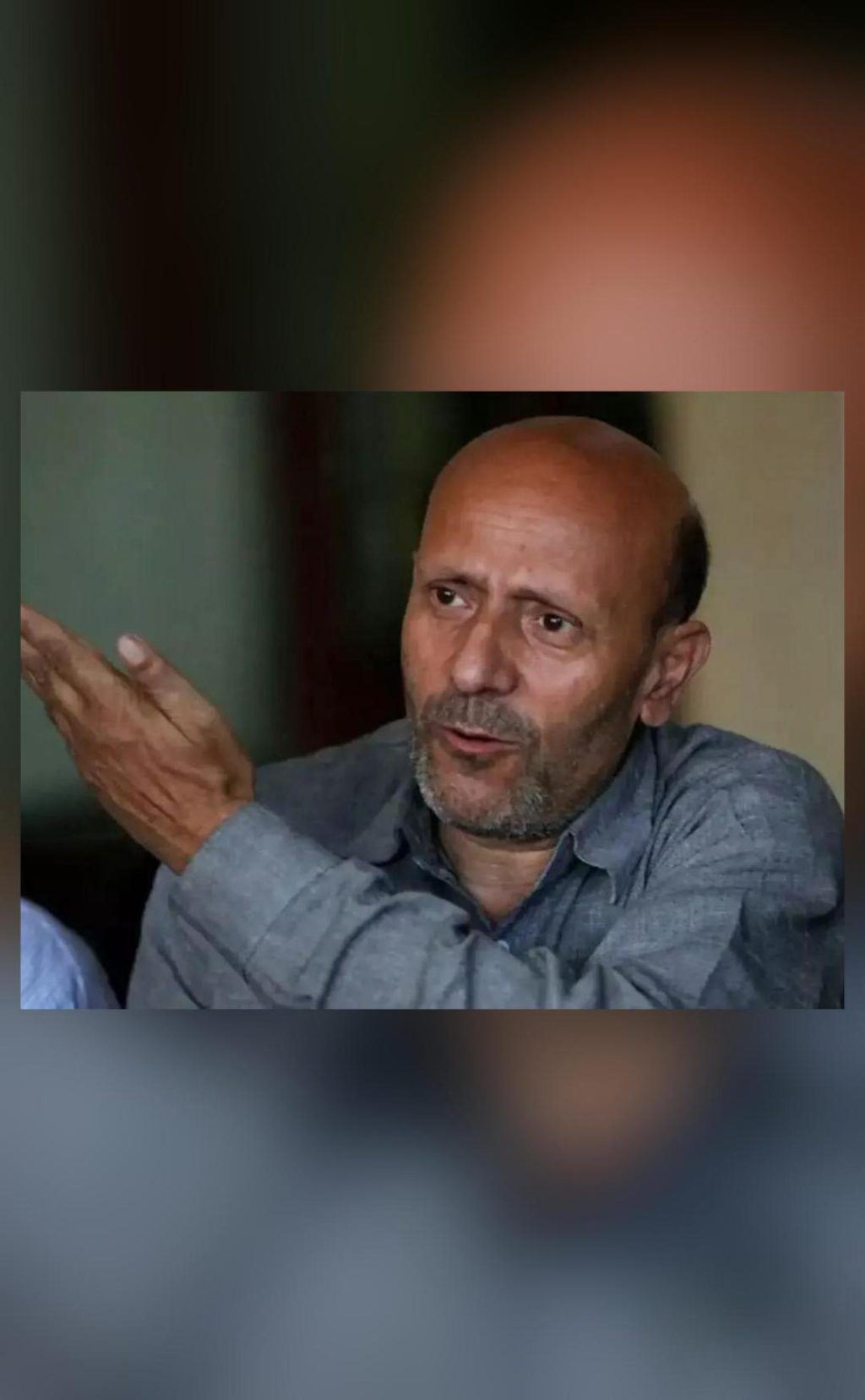
Jailed J&K MP Engineer Rashid gets parole to attend Parliament
In a significant development, the Delhi High Court has granted two-day custody parole to jailed Baramulla MP Engineer Rashid, allowing him to attend the ongoing budget session of Parliament. The court imposed certain conditions on him, including a ban on using phones, the internet, and speaking to media or anyone else.
Engineer Rashid, a Member of Parliament from Jammu and Kashmir, has been facing trial in a terror funding case and has been lodged in Tihar Jail since his arrest in 2017. Despite his incarceration, Rashid has continued to be a vocal critic of the government’s policies in Kashmir and has been actively participating in the ongoing budget session of Parliament through video conferencing.
However, the court’s decision to grant him parole is likely to spark controversy, with many questioning the need for a convicted politician to attend Parliament, especially when he is still facing trial in a serious case.
Background
Engineer Rashid, a former professor and a prominent figure in Jammu and Kashmir’s politics, was arrested in 2017 by the National Investigation Agency (NIA) on charges of terror funding. The NIA accused him of being involved in a conspiracy to fund terrorism in Kashmir through hawala transactions.
Rashid has consistently denied the allegations and has claimed that the case against him is politically motivated. Despite his denial, the court has framed charges against him under various sections of the Indian Penal Code, including conspiracy, criminal breach of trust, and cheating.
Parole and Conditions
The Delhi High Court granted Rashid two-day custody parole, allowing him to attend the ongoing budget session of Parliament. However, the court imposed several conditions on him, including:
- Rashid will be escorted by police during his stay in Delhi
- He will not use his phone or access the internet during his parole period
- He will not speak to media or anyone else, including his family and friends
- He will not leave Delhi without prior permission from the court
The court’s decision to grant parole to Rashid has sparked controversy, with many questioning the need for a convicted politician to attend Parliament. Critics argue that Rashid’s presence in Parliament may be seen as an endorsement of his political views, which may have an impact on the ongoing budget session.
Moreover, Rashid’s opponents have accused him of using his parliamentary privileges to further his own political interests, despite being a convicted criminal. They have also questioned the need for a convicted politician to attend Parliament, especially when he is still facing trial in a serious case.
Significance
The decision to grant parole to Rashid is significant not only because it allows him to attend the ongoing budget session of Parliament but also because it highlights the complex political dynamics in Jammu and Kashmir. Rashid’s case is seen as a symbol of the political polarization in the region, with many seeing him as a hero who is fighting against the Indian state’s alleged oppression.
The case also raises questions about the role of Parliament in the country’s political system. Should a convicted politician be allowed to attend Parliament, especially when he is still facing trial in a serious case? The decision to grant parole to Rashid raises more questions than answers and highlights the need for a nuanced discussion about the role of Parliament in Indian politics.
Conclusion
The decision to grant parole to Engineer Rashid has sparked controversy, with many questioning the need for a convicted politician to attend Parliament. While Rashid’s opponents have accused him of using his parliamentary privileges to further his own political interests, his supporters see him as a hero who is fighting against the Indian state’s alleged oppression.
The case raises important questions about the role of Parliament in Indian politics and the complex political dynamics in Jammu and Kashmir. As the country grapples with these questions, it is essential to have a nuanced discussion about the role of Parliament and the political system in India.



